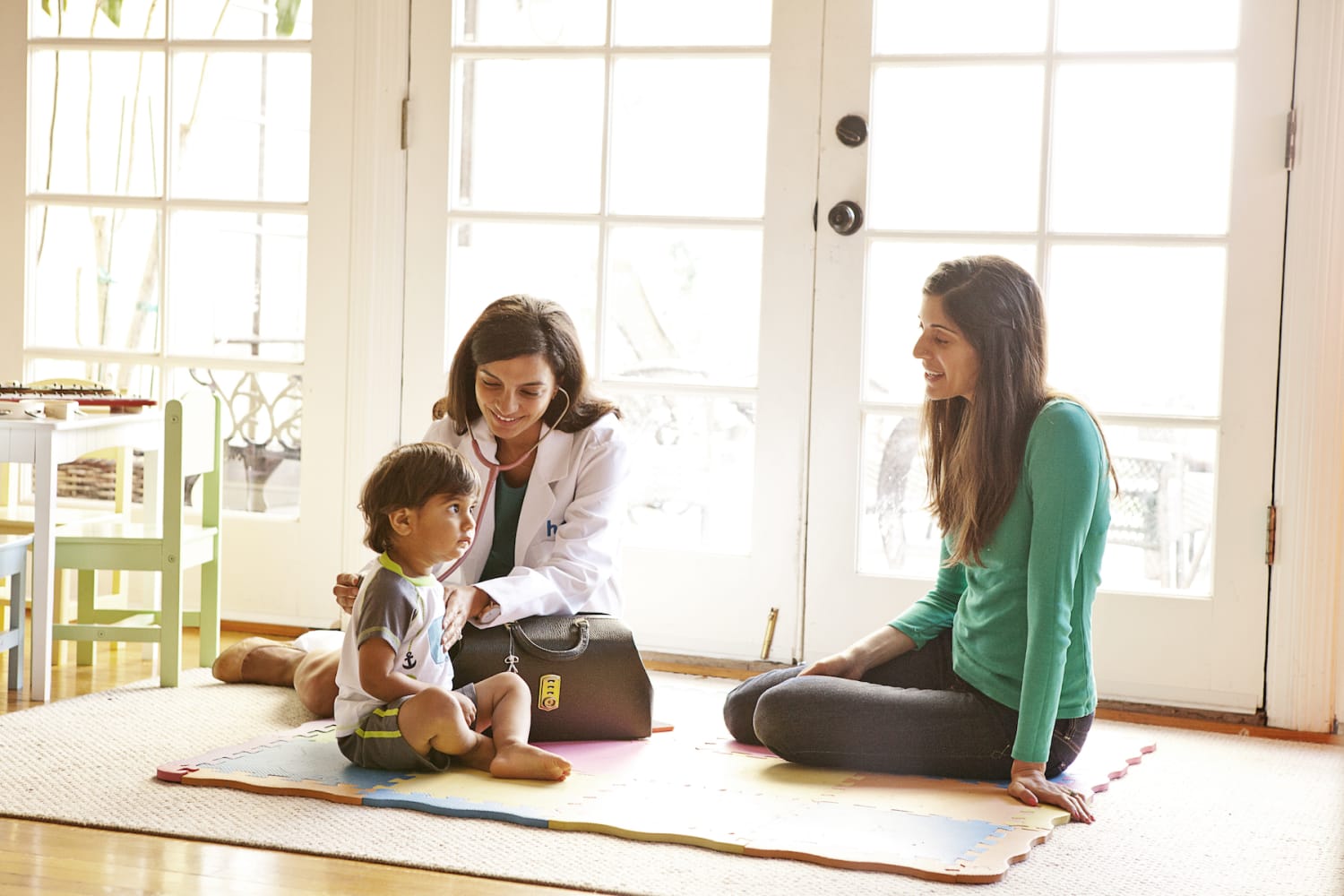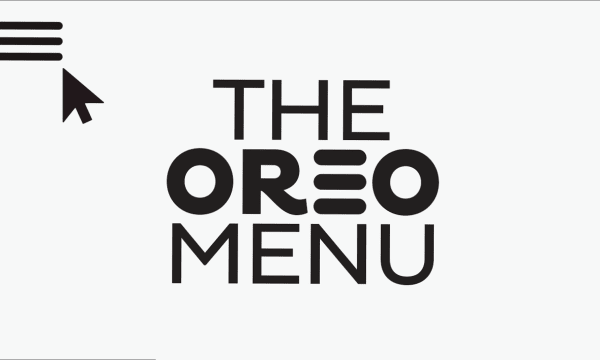Remember when doctors made house calls? Most people don’t—that golden age of unhurried, one-to-one medical care has receded into the realm of nostalgia. In 1930, around 40% of physician encounters in the US happened this way, but by 1980 house calls had all but ceased.
Today, at a time when we can summon anything on a smartphone—a car, a Pad Thai, a hair stylist—shouldn’t we also be able to have doctors come to us? The health startup and technology platform Heal has gone a long way toward making house calls a reality again. Having raised over $52 million in funding, Heal is now expanding from California into Florida, Texas, New York and Pennsylvania.
Heal is the creation of husband-and-wife team of Dr. Renee Dua and Nick Desai. The company leverages Desai’s background in technology entrepreneurship and Dua’s internal medicine training to make the case that, yes, house calls are not only possible, but necessary, in 21st century medicine. Below, we discuss how Heal fits into the future of healthcare, and how its approach relates to lifestyle in general.
How does Heal fit into the broader landscape of healthcare today?
NICK DESAI: Healthcare is a $3 trillion industry, and it’s broken—I don’t have to convince you of that. But there are some fundamental root causes for this that affect the consumer.
The first issue is that doctors are spread too thin between too many patients. Primary care doctors today have to see more than 40 patients a day to make a living—they see the first 28 to pay for rent and overhead, the next four to pay for their office staff and billing, and then they will actually make money on the last eight patients. That’s not just frustrating to the patients; it’s frustrating to the doctors, as well, because doctors are meant to heal.
We let doctors be doctors. We use technology to cut away all that bureaucracy and let them focus on patient care. Our billing is completely seamless, transparent, integrated and automated—and we don’t have doctor’s offices that pay rent. By doing all this, we reduce the operating costs by 65%. This means the doctor can make a great income compared to what they would make in a conventional practice, by seeing 12 to 15 patients per day instead of 40. Instead of 7 minutes, they can spend an average of 30 minutes with each patient.
For patients, the obvious value of Heal is I don’t have to go to the doctor’s office. And when I’m sick or my kids are sick, a doctor will come to me: it’s on demand, our doctors come within two hours, and we’re open 8 a.m. to 8 p.m., seven days a week, 365 days a year. We accept insurance, so it doesn’t cost me more than going to the doctor’s office.
So, primary care is being delivered in the home. How does this change the way doctors practice medicine?
DESAI: Conventional primary care can be an unpleasant experience. Patients don’t have pricing experience and don’t know if this or that service is covered. Then, they sit in the doctor’s office for five to seven minutes, and the doctor is staring into a computer screen and they’re intimidated. They forget their questions.
With Heal, the appointment takes place in the patient’s house. Now, the patient is relaxed; they didn’t just sit in 30 minutes of traffic. Instead of patients forgetting what medications they take, the doctors can see the pill bottle. Doctors don’t have to ask if they’re smoking or if there are pets, because they see the pets, and know whether they’re smoking. Doctors assess those lifestyle factors, medication compliance factors, stress, anxiety, food, diet—all of which is critical to a proper diagnosis.





